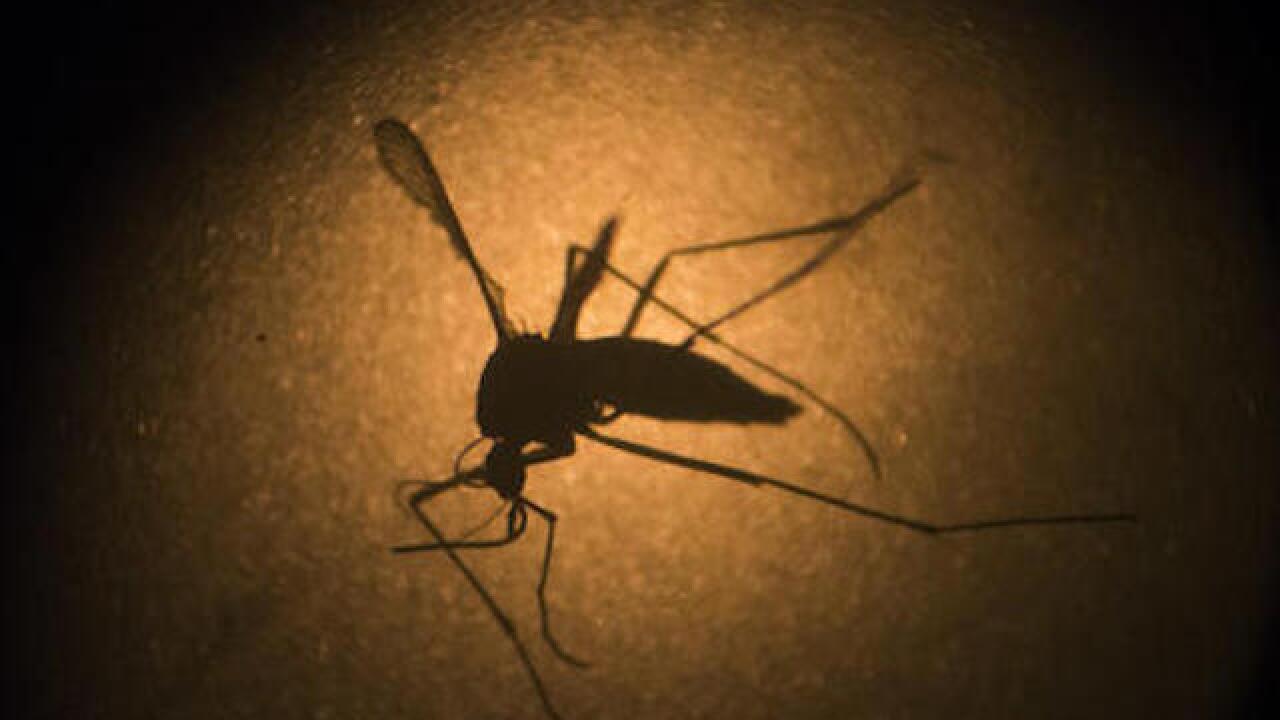MILWAUKEE — The first human case of West Nile virus (WNV) has been confirmed in northern Milwaukee County, according to the North Shore Health Department (NSHD).
The NSHD confirmed the case was found in Bayside.
The virus is spread to people through the bite of an infected mosquito and is not transmitted from person to person. Mosquitoes become infected by feeding on infected birds.
Most people who are infected with West Nile virus do not become ill. Those who do usually experience mild symptoms such as fever, headache, muscle aches, rash and fatigue. Fewer than 1% of infected people develop severe illness, according to the NSHD.
Those who do may experience symptoms that include high fever, muscle weakness, stiff neck, disorientation, confusion, tremors, paralysis and coma.
The virus poses a greater risk to older adults and those with weakened immune systems, who are more likely to develop severe illness that can be fatal. The virus is most common in Wisconsin during August and September, according to the department.
Watch: First human West Nile virus case confirmed in northern Milwaukee County this season
Prevention efforts underway
The department regularly monitors mosquito activity across the North Shore in partnership with the Wisconsin Department of Health Services. When positive results are detected, the department works with local public works agencies to recommend treatment and mitigation measures to help reduce the spread of disease.
What can you do?
The NSHD says the risk of contracting West Nile virus and other mosquito-borne illnesses remains as long as mosquitoes are active. The best way to avoid illnesses spread by mosquitoes is to reduce exposure and eliminate mosquito breeding sites.
The NSHD recommends the following:
Avoid mosquito bites
- Apply insect repellent containing DEET, picaridin, oil of lemon eucalyptus or IR3535 to exposed skin and clothing.
- Before going outdoors, treat clothing with permethrin; do not apply permethrin directly to skin.
- Consider rescheduling outdoor activities during evening or early morning hours, when mosquitoes that spread WNV are most active.
- Wear loose-fitting long sleeves and long pants to help prevent mosquito bites.
Mosquito-proof your home
Prevent mosquitoes from breeding around your home by eliminating stagnant water.
- Empty standing water from tin cans, plastic containers, flowerpots, discarded tires, roof gutters and downspouts.
- Turn over wheelbarrows, kiddie pools, buckets and small boats such as canoes and kayaks when not in use.
- Change the water in birdbaths and pet dishes at least every three days.
- Clean and chlorinate swimming pools, outdoor saunas and hot tubs; drain water from pool covers.
- Make sure window and door screens are intact and tightly fitted to keep mosquitoes out.
- Trim or mow tall grass, weeds and vines, since mosquitoes rest in shaded areas during hot daylight hours.
For additional questions, contact the North Shore Health Department at 414-371-2980.
Anyone who suspects they may have WNV illness should contact their health care provider.
It’s about time to watch on your time. Stream local news and weather 24/7 by searching for “TMJ4” on your device.
Available for download on Roku, Apple TV, Amazon Fire TV, and more.




